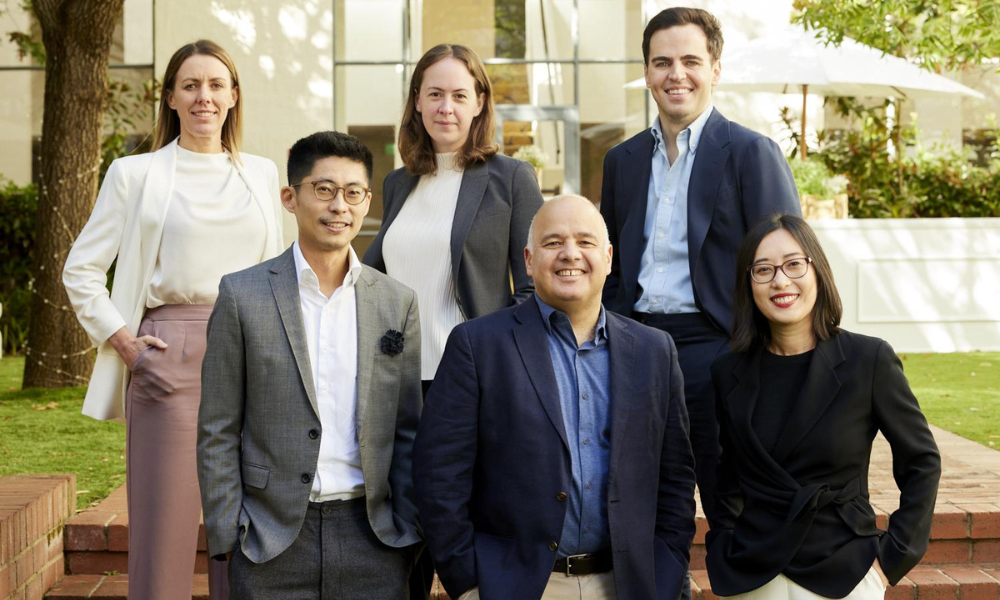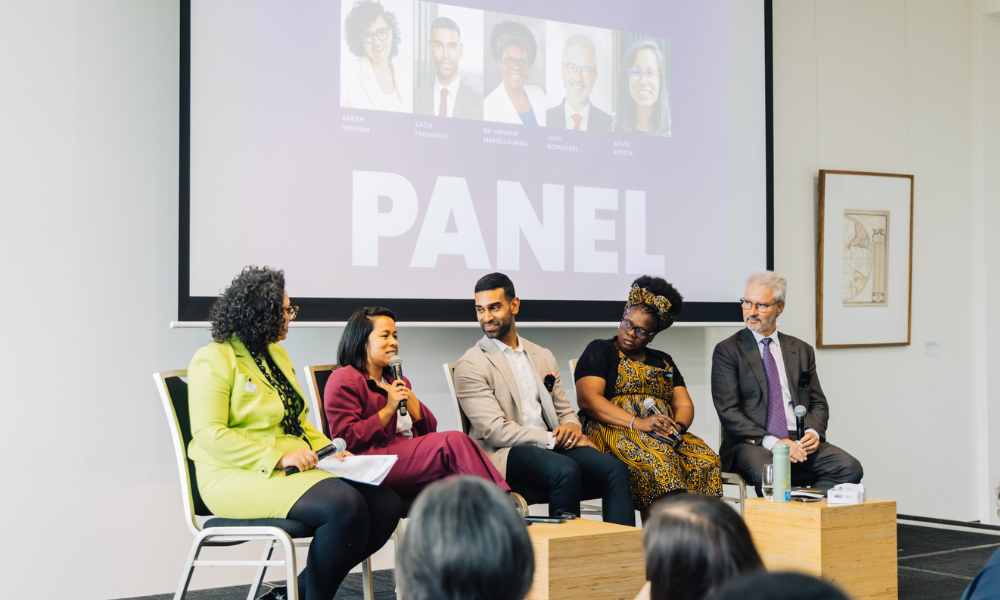A majority favour mandatory technology training
.jpg)
Most lawyers surveyed by the Law Institute of Victoria (LIV) and the College of Law Victoria think that the profession is ill-equipped to handle the technological complexities that society faces.
The study found the sentiment was held by 74% of respondents, according to Fabian Horton, College of Law Victoria lecturer and ConnectLaw director.
The study, conducted by the LIV Technology and the Law Committee, also found that 80% of lawyers said technology training should be mandatory. The respondents said that training in the area should be offered through law school (68%), practical legal training (69%), and continuing legal education (79%).
Almost all respondents (97%) said they were frequent or heavy users of technology. The study also found that 87% rated their technology skill level to be either intermediate or skilled.
Most respondents heavily used basic business technologies, with daily use of email, word processing, and mobile technologies reported by 98%, 90%, and 84% of respondents, respectively. However, awareness and use declined as technologies became more specialised, Horton reported.
Among the respondents 77% said they frequently used legal research databases, while 55% said the same about knowledge management systems. Fewer respondents reported awareness of business-related technologies such as cybersecurity and presentation software, which both stood at 54%.
In terms of technologies and their impact on work, most lawyers expected mobile technologies (81%), the internet (88%), and social media (66%) to have significant or medium impact. These were followed by cybersecurity (59%), big data/data analytics (48%) and AI (41%). Only 25% of respondents thought blockchain technology would have a large or medium impact on work.
“Taking into account that the majority of respondents considered that the profession was not well equipped to deal with the technological complexities that society faced, the approach of gaining technology knowledge on an as-needs basis could be seen as problematic,” Horton wrote. “Since most respondents also favoured technology-based education throughout one’s legal career, a practical solution to equipping the legal profession could be a staggered approach to gaining technology knowledge and skills.”










